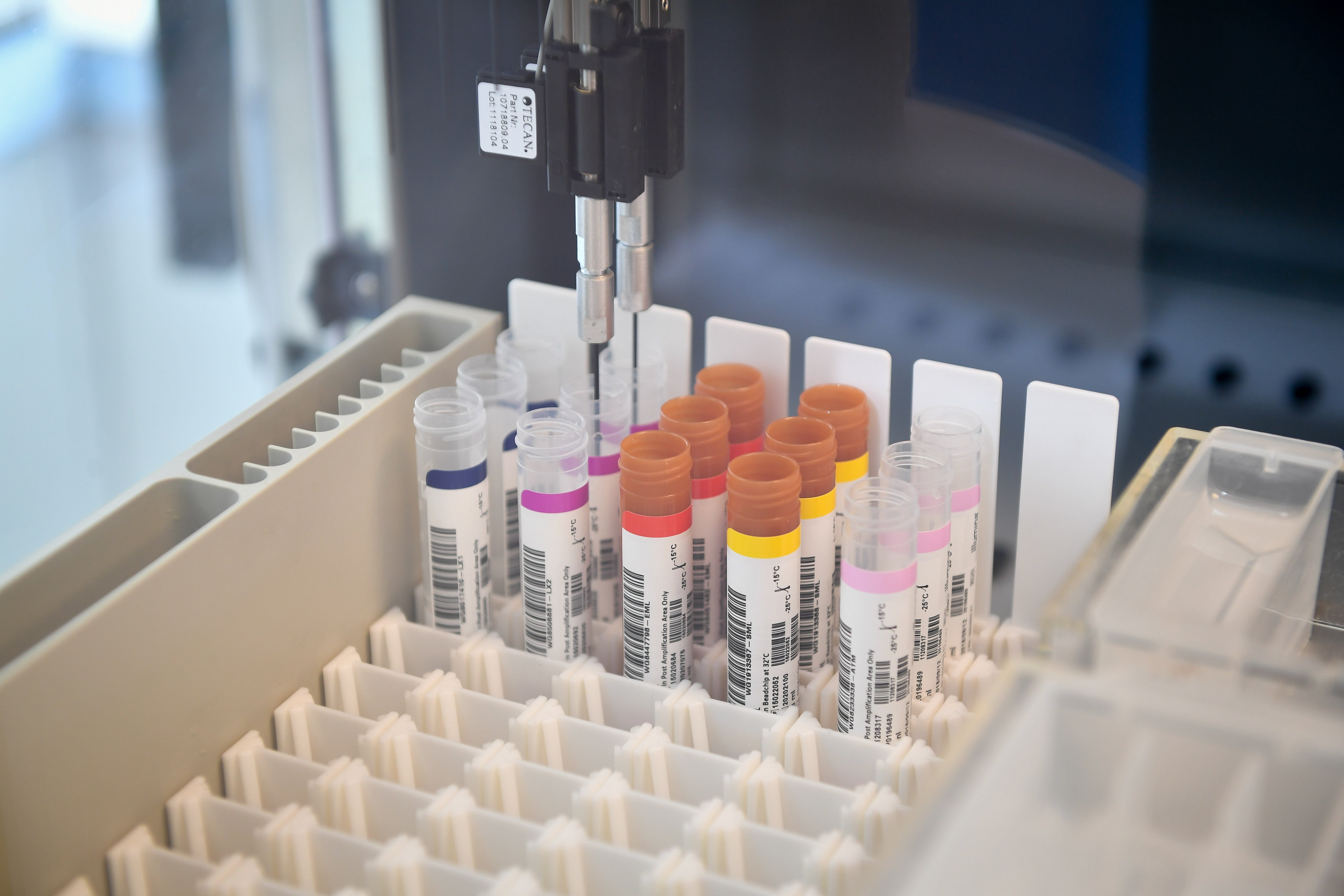DNA samples lost after ‘basic’ police blunders – report
Failures to seal bags containing the samples accounted for 30% of all DNA handling errors by forces in 2020.

Your support helps us to tell the story
From reproductive rights to climate change to Big Tech, The Independent is on the ground when the story is developing. Whether it's investigating the financials of Elon Musk's pro-Trump PAC or producing our latest documentary, 'The A Word', which shines a light on the American women fighting for reproductive rights, we know how important it is to parse out the facts from the messaging.
At such a critical moment in US history, we need reporters on the ground. Your donation allows us to keep sending journalists to speak to both sides of the story.
The Independent is trusted by Americans across the entire political spectrum. And unlike many other quality news outlets, we choose not to lock Americans out of our reporting and analysis with paywalls. We believe quality journalism should be available to everyone, paid for by those who can afford it.
Your support makes all the difference.Hundreds of DNA samples could not be used last year after police failed to seal evidence bags.
The “basic” blunder was “by far the most common error” made by forces in England and Wales when handling DNA evidence in 2020 and accounted for almost a third of those reported, according to a watchdog.
Biometrics Commissioner Fraser Sampson said the mistakes were “very frustrating” but should be easily addressed.
It’s probably one of the most basic errors that you could make, which I suppose is why it's so frustrating, but it all it also means it is the most easily fixed
A total of 2,588 DNA sampling errors by police were recorded in 2020. Some 30% (773) of these were down to “simply failure to seal the bag containing the DNA sample”, his annual report published on Monday said.
If the bag is not sealed, the integrity of the DNA is compromised and the sample cannot be processed or used.
Mr Fraser, who has been in the role since March, told the PA news agency: “It’s probably one of the most basic errors that you could make, which I suppose is why it’s so frustrating, but it also means it is the most easily fixed.
“But it’s such a shame when you think the contribution of these samples is so important to the evidential chain, investigation and prosecution.
“If you’ve got the science right, and if you’ve got the law right … and you’ve got the timing right and the procedure right, to have the whole thing thwarted by something as basic as not sealing the bag is very frustrating and disappointing, really.
“It’s really important … and can be very easily solved.”
Such errors were identified in most forces across the country and managers were “working really hard” to address the problem, Mr Sampson said, adding: “The sampling of people passing through custody can solve of the most significant and sometimes long-standing crimes.”
While he had not seen evidence that any of the errors led to cases falling apart, he warned there was “definitely a possibility” this could occur as a result of such a mistake and said it would be “awful” if an offender went undetected or went on to commit more crimes because of a “seal on a bag”.
He plans to review the issue when he visits forces again next year.
According to the report, around 1% of DNA profiles (approximately 25) could not be loaded onto databases because of “administrative errors”, such as mistakes when filling in forms and providing incomplete paperwork.
Because these “low-level” errors are made during a “highly regulated” and “complex” scientific process, Mr Sampson said it was “slightly surprising” that “of all the bits to get wrong, it is the easy bits”.